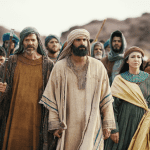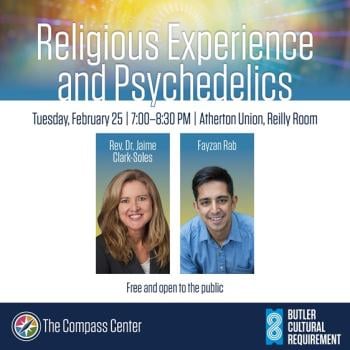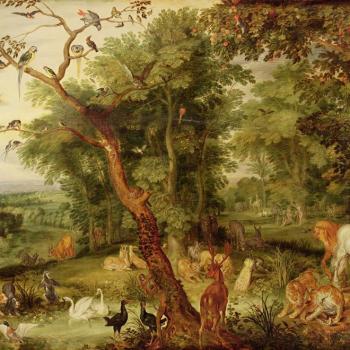I listened to Cixin Liu’s famous novel The Three-Body Problem some time ago and thoroughly enjoyed it, but it didn’t inspire me to write a blog post the way the sequel, The Dark Forest did. I began writing this post when I had just finished the second novel and had quickly begun listening to the third and final novel in the trilogy. If you’ve read the series you’ll know why the second book especially grabbed my interest, and the series as a whole. If you want to stay completely spoiler-free, turn back now and please read these stories. They are definitely worth it. If discussing major themes without revealing much in the way of plot points is not the sort of spoiler you worry about then you can safely read on.
Now, on to a discussion of the details. The second novel, as so many that deal with the existential threat of humanity’s annihilation, mentions God quite often. The way the word is used strikes me as rather distinctive. There are the references one might expect, such as in connection with seemingly miraculous technology and the apparent impossibility of achieving something. In addition, there is also talk of God and/or of a higher intelligence in the galaxy or universe that might work towards justice. Love becomes a major theme, with the possibility that humanity’s experience and expression of love and trust (as evidenced not least by our eagerness to contact other intelligent life in the universe) is something rare and perhaps precious in the universe, that it might be the key to transforming the “dark forest” of the universe. This metaphor is a reference to the idea that in a universe of limited resources all living things and all civilizations need to act speedily to eliminate others they encounter, since they will also seek to do the same to you if they are wise. The universe may be understood that way, but one can choose to approach it differently. One can value kindness and other things more than survival, and some characters do – sometimes with tragic and sometime with beautiful consequences, and at times both simultaneously.
The Chinese context of Liu’s life and writing as well as his main characters makes the religious elements intriguing, to say the least. The question of the existence of God comes up again in the third book in the trilogy, Death’s End, which as I mentioned I’ve only just begun relatively recently. I’m making good progress, and while aspects of it are somewhat surprising in relation to what preceded, the religious themes remain, such as the description of experiencing 4-dimensional space, revealing infinite depth to even the most familiar and mundane 3-dimensional objects, as a “spiritual baptism.” In a time of despair people become more religious and express it in different ways and with different objects, constructing a giant cross in orbit, or beseeching a representative of another world to provide a revelation. There is also reference to a coded message beginning to be treated like the Bible, by which is meant that people seek to find confirmation of what they already believe in it rather than trying to actually decipher it. When something seemingly technologically impossible is explored it is regularly coupled with phrases like “God’s engineering project.” I find myself wondering whether reference to God in this way is common and acceptable in China. I am also amazed by the way the negative impact of the Cultural Revolution on people and a central character in particular is presented. Indeed, there is a real sense in which the harm inflicted by that period and what it showed about humanity ends up having a more devastating impact on humanity’s future than might otherwise have been the case.
In case you aren’t aware of it, Three Body Problem has been made into a series for Netflix. Here’s the trailer:
https://www.youtube.com/watch?v=mogSbMD6EcY
That it would be adapted and changed was not surprising, but I was surprised to learn that the series would be based on all three novels in the trilogy. Having watched it, they kept the essence while weaving elements from the sequels into it in ways that I think make sense for television. Have you watched it? If so, what did you think? Let me know whether you watched it having also read one or more of the novels. I’m curious whether those who have done so will evaluate the series differently than those who have not.
Of related interest:
Paul Levinson on 3 Body Problem
A Soft Landing on the Moon and Cixin Liu’s Three Body Problem
Alien Civilizations and 3 Body Problem in New Humanist













